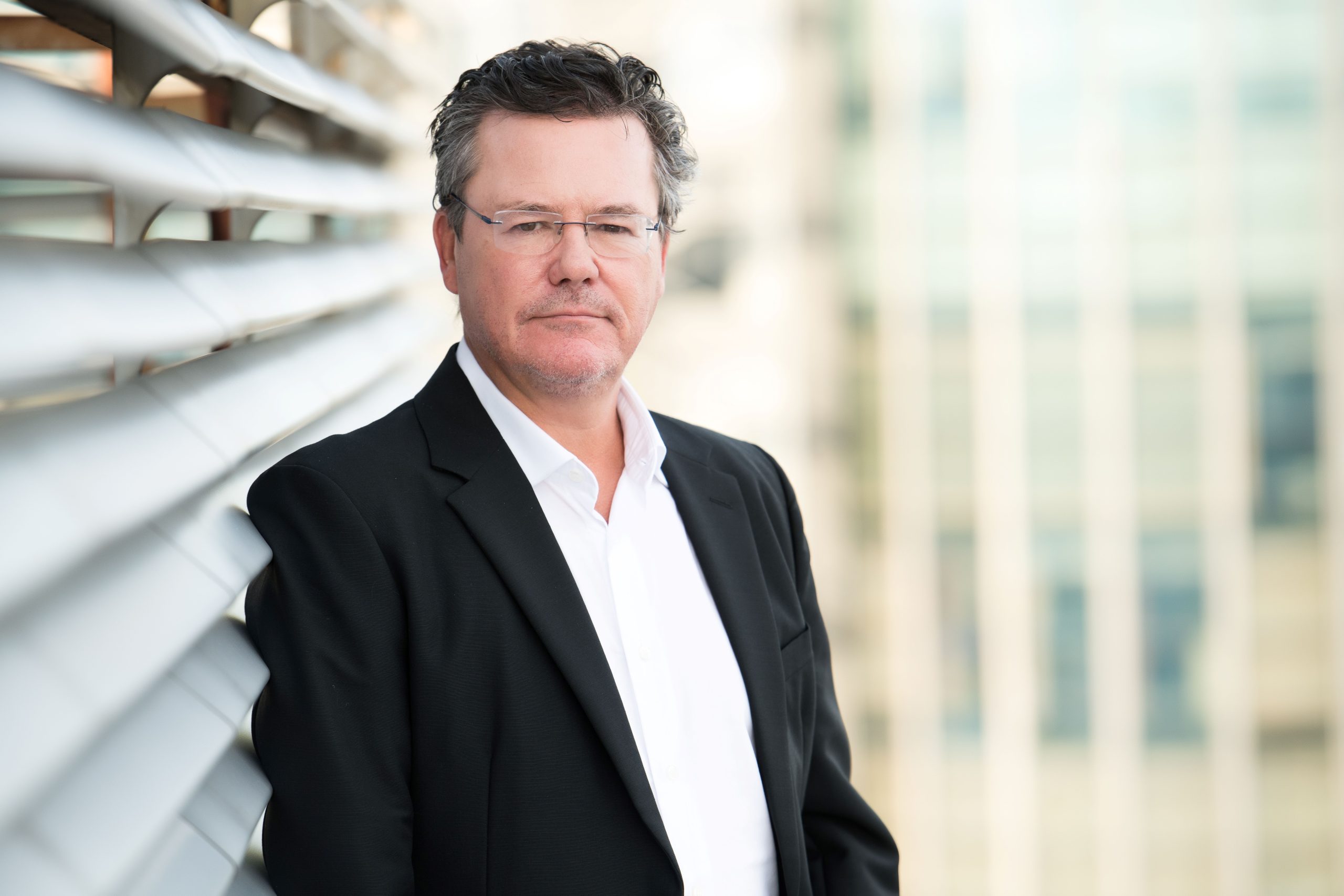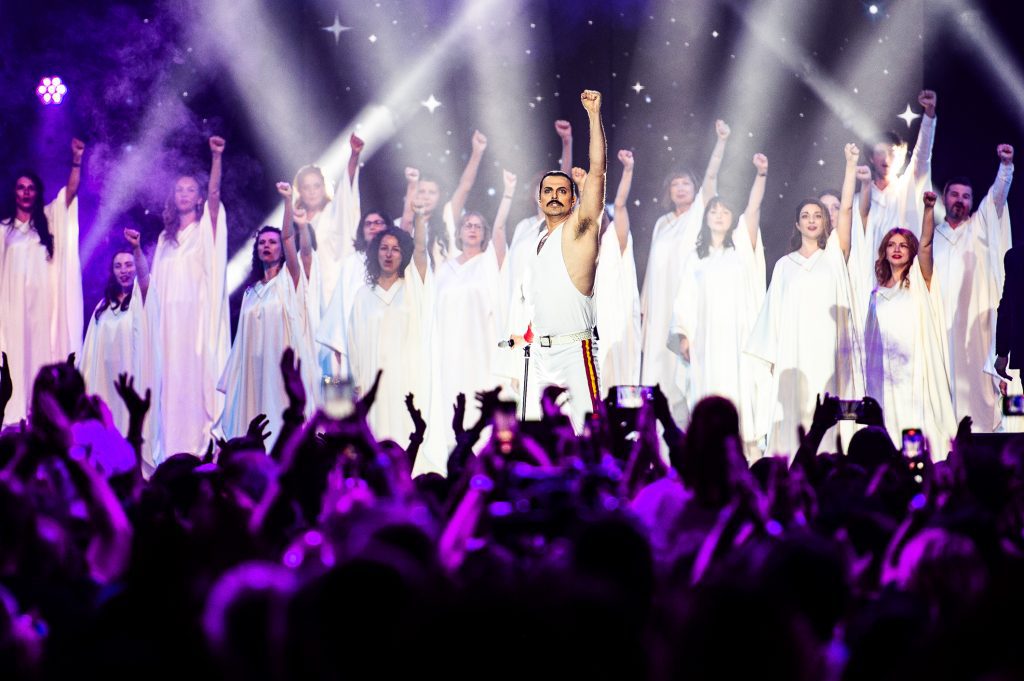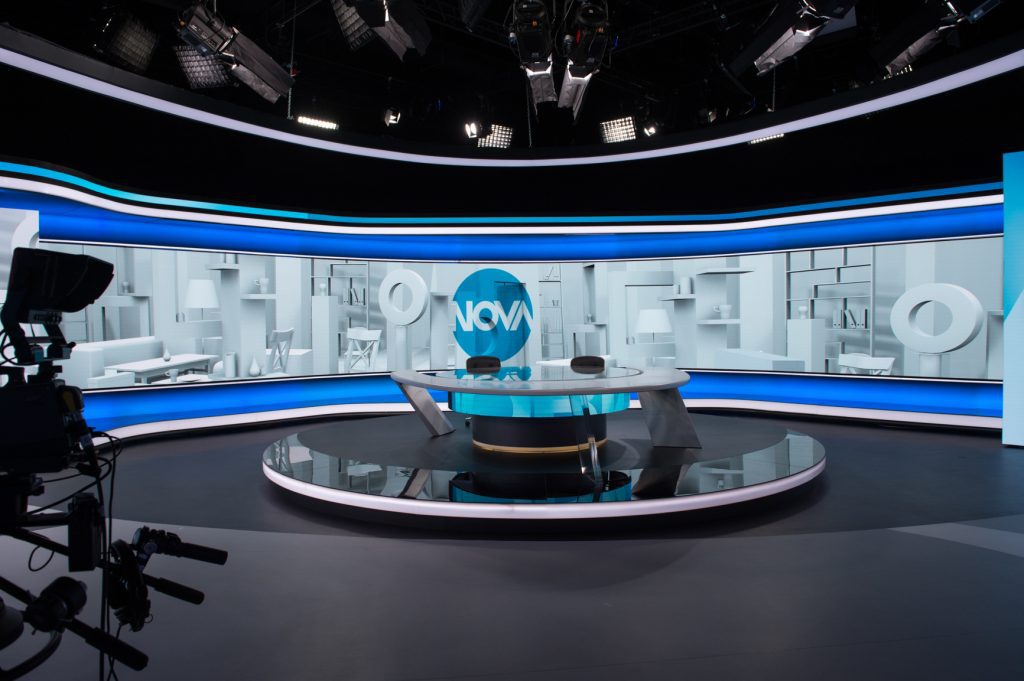
Nova Broadcasting Group’s CEO Dirk Gerkens: The “magic recipe” is what makes Bulgaria’s Nova so successful
10th September, 2024
United Media-owned Nova Broadcasting Group is the leading broadcaster in Bulgaria. Its new CEO, Dirk Gerkens, talked about the content and programming structure that helps it stay ahead of the competition, for C21 Media.
Dirk Gerkens is no stranger to success in Central and Eastern Europe (CEE), having headed Hungary’s two leading national commercial broadcasters RTL Klub and TV2 during a career spanning more than 30 years.
Today he finds himself the CEO of Nova, after taking over the top job at the Bulgarian broadcasting group in February. Nova is part of United Media and goes head-to-head with CME-owned broadcaster bTV.
In Gerkens’ view, however, one of Nova’s biggest advantages over bTV is its channel profile. “We are much more urban than bTV, which is targeted at the countryside and older population. This has enabled us to attract many more advertisers,” says Gerkens.
Like bTV, Nova boasts an extensive portfolio that in its case includes a national TV station of the same name; 10 other TV channels spanning a wide range of genres including sports, movies, music and entertainment; four radio stations; multiple websites and digital platforms; and two newspapers. Aside from viewers, it has over three million digital users who are engaged with its formats across all digital platforms.
However, what makes it particularly successful, according to Gerkens is the “magic recipe” that its main competitor is keen to get hold of. “[We have] a very solid established programming structure. This enables us not to have to bring too many new shows every year. And they are very successful year after year,” the exec claims.
Gerkens cites the example of Your Face Sounds Familiar, which has achieved an audience share of 50%, unprecedented in a fragmented market with such a large percentage of multichannel homes. Hell’s Kitchen and Power Couple have also performed strongly in this year’s spring season. And in the autumn, Nova’s viewers will again be able to watch Defasio Bulgaria, a Colombian format launched in 2019 and filmed on the Black Sea coast.

Gerkens adds that alongside these shows Nova also has a very strong line-up of Bulgarian series. These include the criminal drama series The Devil’s Throat, which has had its global premiere, and The Hunt For Salamander, the most awarded Bulgarian TV series and now also shown on Max. Given this, “we don’t have to bring too much new. But we bring enough fresh products not to make the channel look without innovation,” says Gerkens.
At the same time, there is always room for big shows that have featured in the past on Nova. Big Brother, the first reality format in the history of Bulgaria, was introduced by the broadcaster 20 years ago and ran for 22 seasons. Following a six-year gap, it is returning later this year and will for the first time feature live streaming in the form of an additional episode developed specifically for the catch-up video platform Nova Play, which gives access to the content of Nova TV.
Gerkens believes another one of Nova’s strengths is its portfolio of thematic channels. Along with Diema, Diema Family and Kino Nova, which are among the top 10 TV channels in the country, they include Nova News and no fewer than four sports channels – Diema Sport, Diema Sport 2, Diema Sport 3 and Nova Sport.
The latter, he says, offer coverage of, amongst others, the English Premier League, for which Nova has just extended the rights for, Bulgarian Football League, Formula 1 and NBA. Significantly, the three Diema sports channels are found in Diema Extra, the first premium pay-TV package on the Bulgarian market.
News also features strongly in Nova’s output and the broadcaster has collaboration agreements in place with the US Agency for Global Media, CNN and Deutsche Welle.

Gerkens also says that there is a lot of programming know-how transfer between United Media’s markets. Furthermore, production costs are attractive in Bulgaria; both Who Wants To be A Millionaire and Big Brother have been made in Nova’s facilities for broadcasters in Serbia and the Czech Republic, respectively.
Looking at the main issues currently facing the industry in Bulgaria, Gerkens says that a ban on gambling advertising that was introduced in June has been “a major hit” for both Nova and bTV. Indeed, such advertising was “a big part of our top line. The ban was introduced so suddenly, in a couple of weeks, without any debate or discussion about it. We had to adjust very quickly in terms of cost reviews,” the CEO says.
He adds that while the commercial market is growing, which “of course is good news”, content piracy is also another big issue. Like Greece, Bulgaria is unfortunately “the European champion in piracy” and Nova plans to be more aggressive in addressing it “because everyone is losing from this, apart from the ones who organise this kind of practice.”
Another challenge is keeping eyeballs in the age of streaming. For this, Bulgaria finds itself at an advantage as linear television remains extremely strong and the only medium that gives advertisers the reach they need. But despite this, says Gerkens, Nova needs to develop its OTT offer, “and that is what we are currently working on within financial reason. We need to protect our distribution market.”
He adds that Nova plans to launch its OTT platform, which will feature a lot of local content, next year. In the meantime, it has many catch-up services offering its content on a delayed basis through such distribution partners as Eon, Vivacom and A1.

The latter is particularly important, given that nearly 40% of Bulgarian households already have the option of watching TV programmes on a delayed basis.
According to Gerkens, United Media will also roll out an OTT platform in its other markets in 2025, though with a special emphasis on those such as Croatia, Greece and indeed Bulgaria that have free-to-air (FTA) operations.
In early 2023, Nova took a big step forward by moving into Bulgaria’s first new generation electronic media complex. Covering an area of almost 17,000 square metres, it includes five television studios, four radio studios, spacious equipment room, editing rooms and a brand-new newsroom. This, feels Gerkens, has given it the tools to move forward, with the first objective being “to secure the core business.” It is Nova’s “bread and butter” and has to be focused on.
The second is to fight piracy and help the market increase the number of subscribers and third OTT, “one of the key priorities.” Lastly, Nova aims to further develop its digital portfolio, “looking at what launches we can have, either through launches or acquisitions.”


